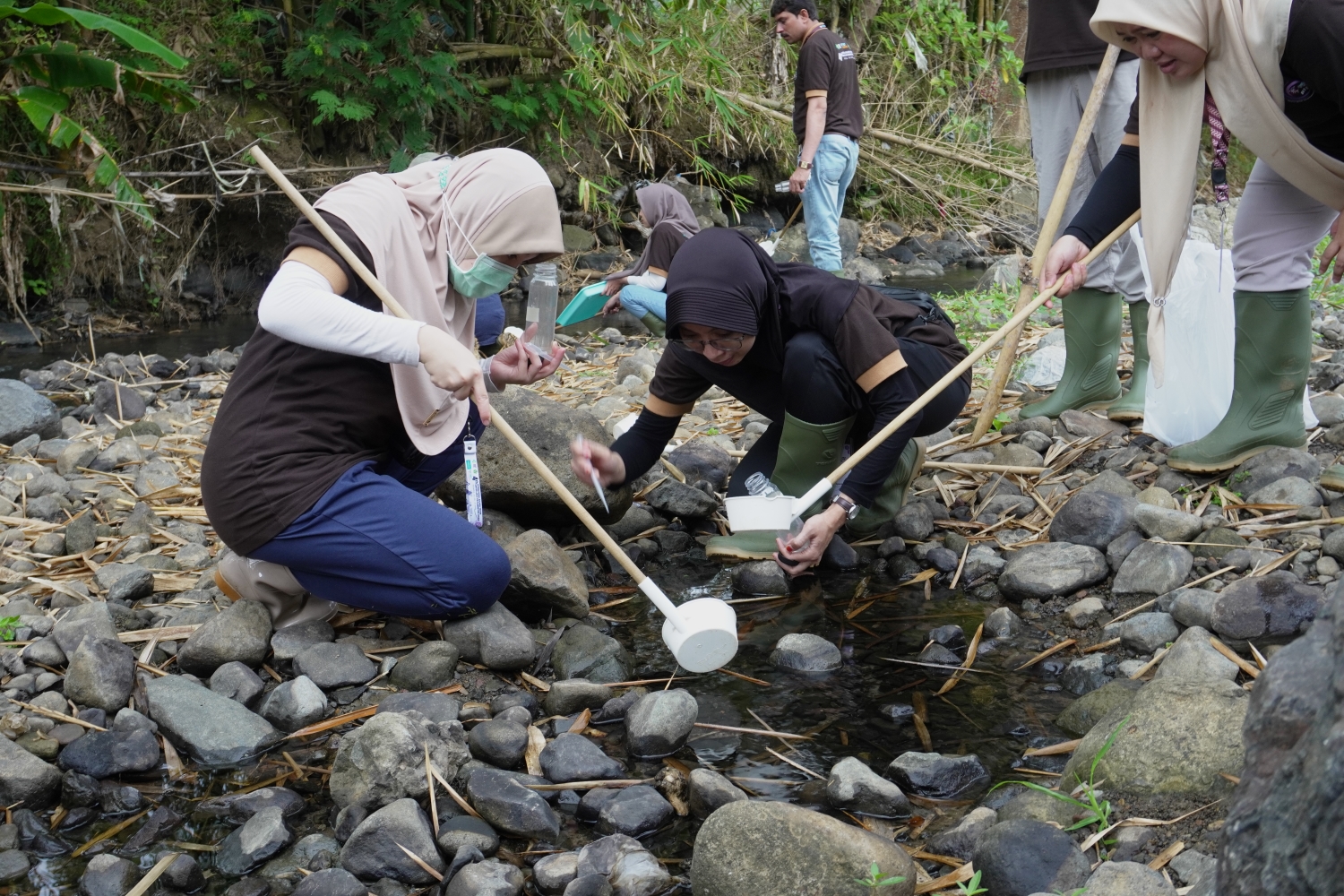
Malaria, a disease caused by certain Plasmodium parasites and transmitted by certain Anopheles mosquitoes, continues to be a significant public health concern in tropical regions anda global priority for elimination. Over the years, vector control has been the primary strategy to reduce the malaria threat. An essential aspect of effective vector control is comprehensive vector surveillance. Unfortunately, in recent decades, there has been a decline in the number of medical entomologists and a loss of entomological skills worldwide, which is a matter of serious concern.
The shortage of entomological capacity significantly hampers the efforts of malaria control and other vector-borne disease programmes to achieve optimal local malaria reduction and work towards elimination milestones. This issue has been a recurring topic of discussion during the annual meetings of the Asia Pacific Malaria Elimination Network (APMEN), with countries seeking support to strengthen their capacities in basic vector surveillance techniques.
Addressing this pressing need, the APMEN Vector Control Working Group (VCWG) recognised the urgency and decided in 2017 to prioritize training in vector surveillance as part of its activities. This initiative led to the establishment of intensive annual international training courses known as Malaria Vector Surveillance for Elimination (MVSE), which aimed to cater to the specific requirements expressed by malaria control agencies in the Asia Pacific region.
Since its inception, MVSE has successfully conducted several training courses, with the most recent one having taken place in Salatiga, Indonesia. The courses are conducted on a geographically rotational basis, and this fourth MVSE course focused mainly on inviting participants from the Malay Archipelago. A total of 22 country representatives from Indonesia, Malaysia, Pakistan, Papua New Guinea, and Timor-Leste actively participated in the course.
Held from 3 to 15 July 2023, the course received overwhelmingly positive feedback from all participants and those involved. It featured top-quality lectures delivered by 11 international malaria experts and included field visits to apply surveillance techniques in real-world settings. The host institute, the Institute for Vector & Reservoir Control Research & Development (IVRCRD), Salatiga, Indonesia, provided excellent training materials, including 25 dissecting microscopes and a wide range of pinned mosquitoes for identification.
The efforts of APMEN VCWG in strengthening the capacity of field entomologists through initiatives like MVSE are crucial for enhancing their skills and knowledge in implementing effective vector surveillance interventions. Ultimately, these efforts contribute significantly to the overall success of the malaria elimination goal in the Asia Pacific region.
Download all course materials and watch the short video.
- 4th MVSE Training Report.pdf4.51 MB
